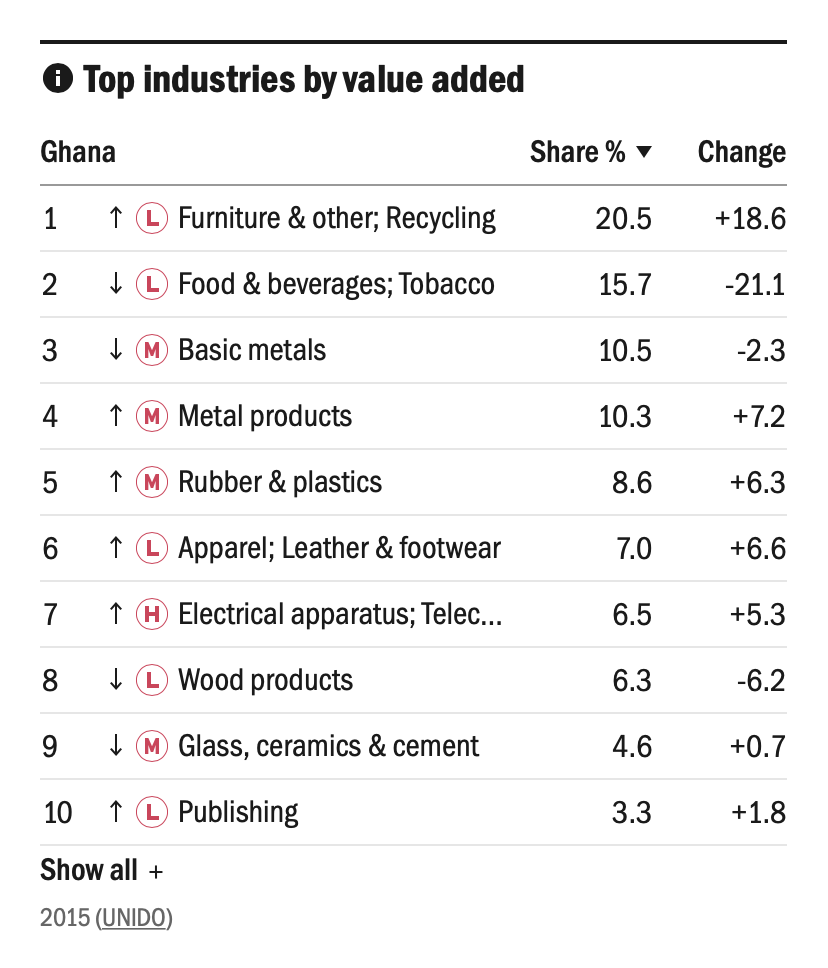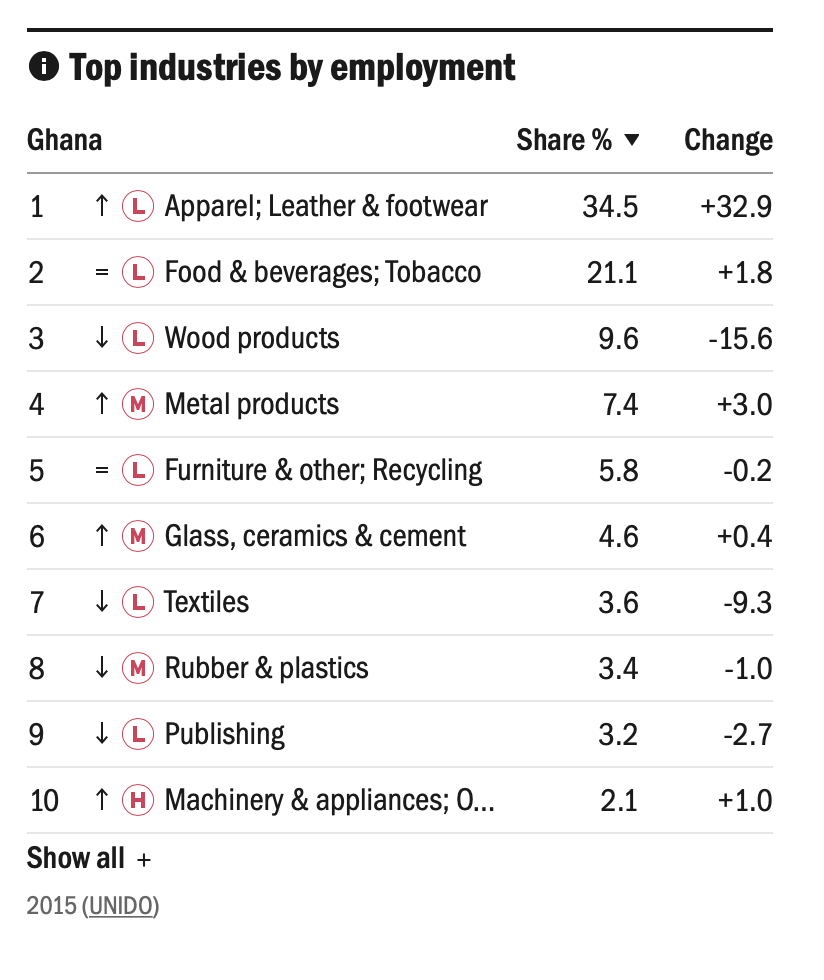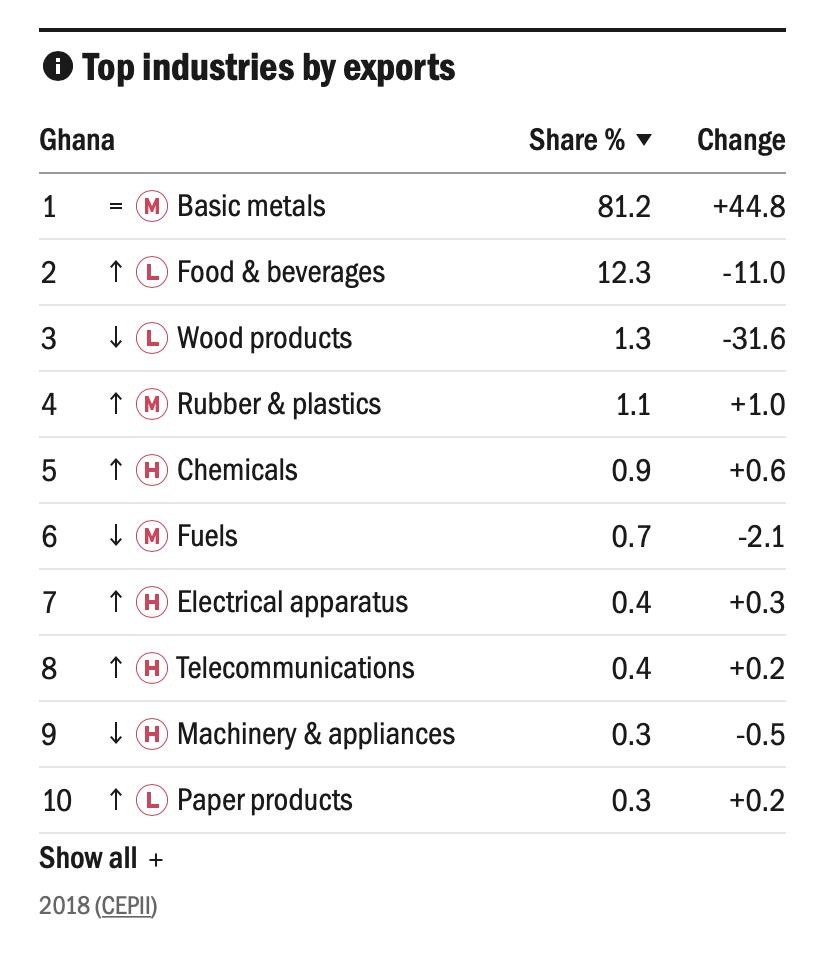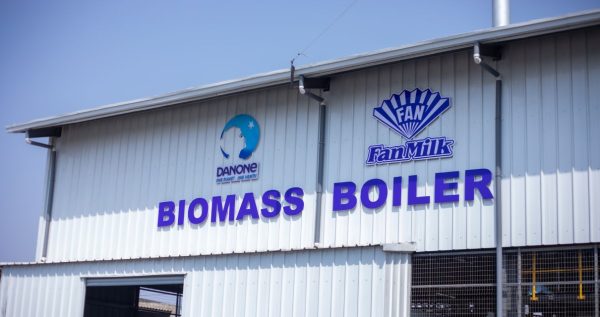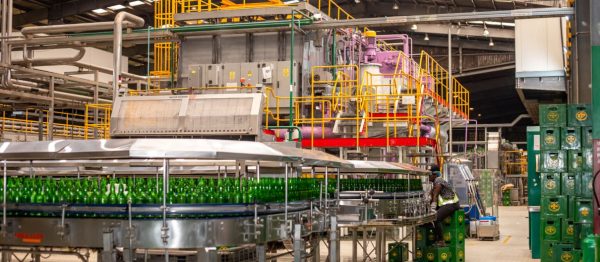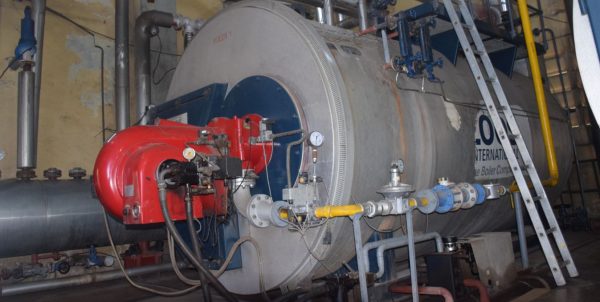Ghana
This project phase has been completed.
Keeping up with energy demand in a booming economy
Ghana’s economy is growing and diversifying fast. A reliable national power supply that meets the growing demand for energy, especially from Ghana’s emerging industrial sector, is more critical than ever. Given Ghana’s determination to do its part to mitigate global climate change, the country’s energy mix will need to become increasingly less reliant on fossil fuels. The efficient use of energy across industry offers Ghana a chance to make significant advances on both these fronts.
Why is industrial energy efficiency important for Ghana?
Ghana has a population of over 27 million people and an electrification rate of 85%, which is among the highest in Sub-Saharan Africa. But, keeping the lights on requires increasing energy efficiency in Ghana’s industrial sector, lowering the risk of power supply shortages and reducing carbon emissions.
Every year power shortages cost Ghana’s industrial sector millions of dollars. As the country’s energy supply struggles to keep up with ever-growing demand, conserving and using energy more efficiently in Ghana’s industrial sector is a critical first step for long-term economic stability.
Today, Ghana sources a large portion of its energy from fossil fuels. At the same time, an unreliable power supply means more industrial facilities are installing diesel-powered back-up generators, increasing the sector’s carbon intensity. Industrial energy efficiency can help to limit fossil fuel emissions, helping Ghana to meet its Paris commitments.
Accelerating industrial energy efficiency in Ghana
Ghana is committed to improving energy efficiency within industrial facilities by 20 per cent by 2030. A partnership with UNIDO, supported by the Green Climate Fund, will help Ghana to achieve this goal and unlock the significant opportunities that a thriving industrial energy efficiency services market offers.
Once the readiness phase of this project is complete it will be critical to capitalize on the momentum. Scaling up a thriving energy efficiency services market in Ghana will require coordination between the private and public sectors, incentives for further investment and access to qualified energy efficiency expertise. This needs to be supported at numerous levels. Strong policy will be needed, alongside awareness of the opportunities that industrial energy efficiency provides for individual industrial facilities. Access to credible data and know-how, standardization of technology-specific solutions, tight contractual frameworks and legal enforcement will also all need to be in place.
Key service areas
Training and know-how
A centre piece of UNIDO’s work in-country is demonstrating the opportunities that industrial energy management systems can offer. To do this, 10 ‘champion industries’ will be supported to implement the internationally regarded ISO 50001 energy management system. Simultaneously, UNIDO will train a group of 30 specialised local energy management consultants who will be equipped to meet the demand for industrial energy efficiency services long into the future. This will happen alongside an industry-wide awareness raising campaign to showcase the benefits and encourage uptake.
Advocacy and policy support
UNIDO is facilitating a process that brings key national stakeholders together. The idea is to develop practical policy options, actions and programmes aimed at achieving the 2030 national industrial energy efficiency goal.
Financing solutions
Through direct engagement with Ghana’s industrial sector, UNIDO will be able to assess and develop a pipeline of ‘bankable’ investment proposals for commercial lending, and make this finance a reality by also working with local finance institutions to develop funding tools and schemes.
Targets
have implement the ISO 50001 energy management standard.
trained in the ISO 50001 energy management standard.
developed to support investment in industrial energy efficiency.






